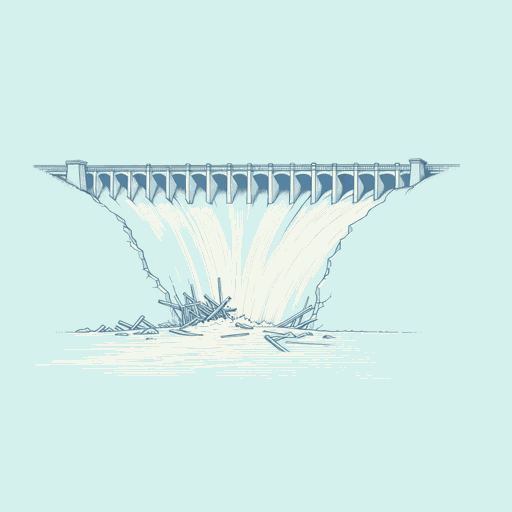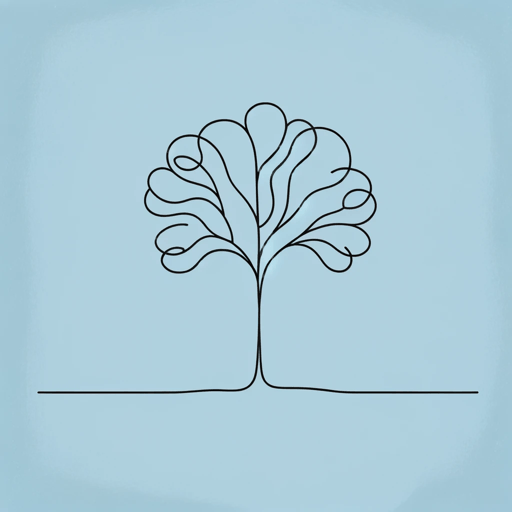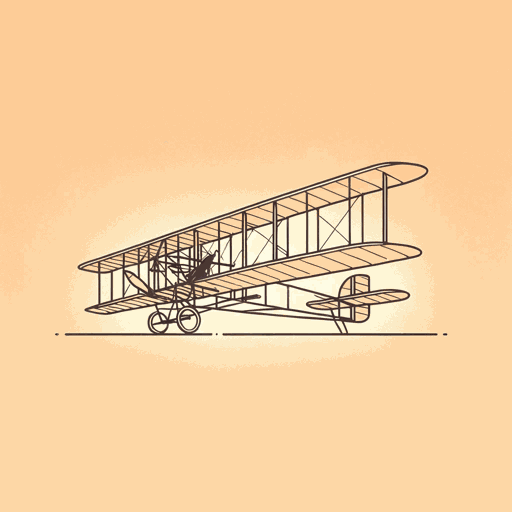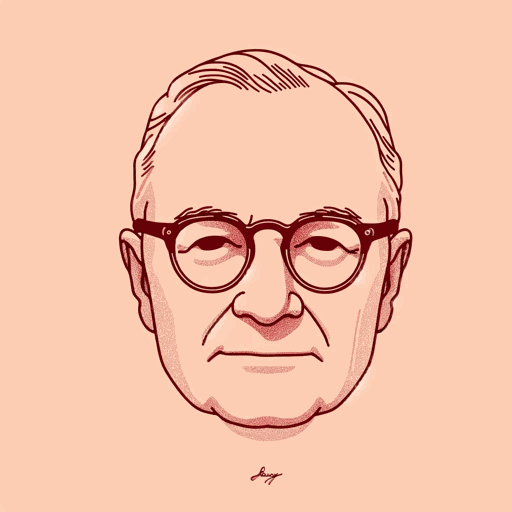63 pages • 2 hours read
David McCulloughTruman
Nonfiction | Biography | Adult | Published in 1992A modern alternative to SparkNotes and CliffsNotes, SuperSummary offers high-quality Study Guides with detailed chapter summaries and analysis of major themes, characters, and more.
Part 5, Chapters 15-17Chapter Summaries & Analyses
Chapter 15 Summary: “Iron Man”
Chapter 15 discusses the events of 1949 and 1950. Truman viewed the success of the Berlin airlift and the formation of the North Atlantic Treaty Organization (NATO) as some of the biggest accomplishments of his presidency. The global situation remained tense with multiple pockets of unrest developing. In China, the forces of the Nationalist leader Chiang Kai-Shek, backed by the US, were, McCullough says, “crumbing fast before the onrush of the Communists” (862), and on October 1, 1949, China established a new revolutionary government under Mao Tse-tung.
The Soviet Union conducted its first successful nuclear test in August 1949. In response, Americans sought to develop a hydrogen bomb. The reaction was mixed. Acheson and Eleanor Roosevelt supported it, while Kennan and Oppenheimer opposed it. The media referred to it as the “Hell Bomb” (882). The question of bigger and better weapons to challenge the Soviet Union translated into an arms race and increased defense spending.
Meanwhile, hostilities began in the Korean peninsula. After the Japanese occupation of Korea, the country had been divided along an arbitrary line between the American- and Soviet-controlled zones. The two Korean states were generally ideologically aligned with each respective side, and each claimed legitimacy.
Related Titles
By David McCullough

1776
David McCullough

Brave Companions
David McCullough

John Adams
David McCullough

Mornings on Horseback
David McCullough

The Great Bridge
David McCullough

The Greater Journey: Americans in Paris
David McCullough

The Johnstown Flood
David McCullough

The Path Between the Seas
David McCullough

The Pioneers: The Heroic Story of the Settlers Who Brought the American Ideal West
David McCullough

The Wright Brothers
David McCullough
Featured Collections
Books on Justice & Injustice
View Collection
Books on U.S. History
View Collection
Challenging Authority
View Collection
National Book Awards Winners & Finalists
View Collection
National Book Critics Circle Award...
View Collection
Nation & Nationalism
View Collection
Politics & Government
View Collection
Power
View Collection
Pulitzer Prize Fiction Awardees &...
View Collection
True Crime & Legal
View Collection
War
View Collection
World War II
View Collection

